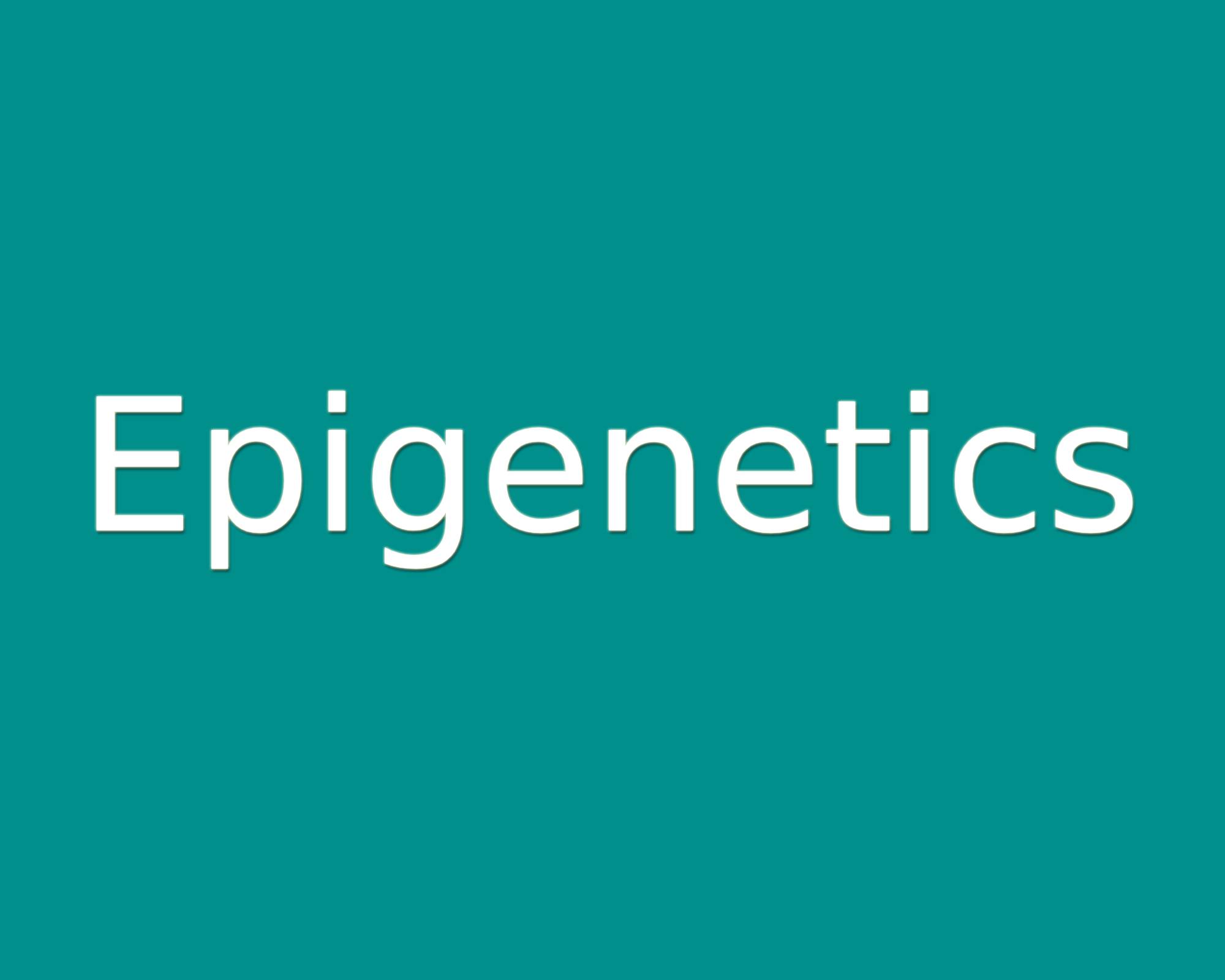 Reading Time: 4 minutes
Reading Time: 4 minutesBy Faye Hall
We talk a lot on our courses about the concept of epigenetics, here we explain some basics ….
Let’s start with some quick summary points about genes.
- A gene is the basic physical and functional unit of heredity.
- Gene units are made up of DNA.
- DNA is information that provides a blueprint, instructions, or code, for our creation and function.
- That information is stored as chemical bases: adenine (A), guanine (G), cytosine (C), and thymine (T).
- DNA is that it can replicate, or make copies of itself
Did you know less than 1% of total genes are slightly different between people? It is these very slight differences that contribute to each person’s uniqueness. Yet that leaves over 99 percent of our DNA being the same in all people!
That’s why, at WIM we talk about being human, about human food, human health, human stress, human physiology, human movement and human emotions.
Remembering that we are a species, with specific genes and therefore specific needs in terms of how we eat and live, in our opinion, is a foundational principle of health creation.
Navigating being human in a modern world and understanding epigenetics and personalisation is the next level.
So what is EPIGENETICS ……..
Our genes contain DNA which provides information and instructions for physical and functional development.
When a gene is expressed the information or code contained in the DNA is transcribed and processed to make a functional products such as a protein.
BUT not all of our genes are expressed in our phenotype (observable characteristics). Different things in our environment determine whether a particular gene will be switched on or switched off. This is the dance of epigenetics. Epigenetics is the way in which our genes interact with different elements of our environment. Epigenetics refers to mechanisms that dictate which genes are switched on and off or ‘expressed’.
This mechanism of genetic expressions can be thought of metaphorically like a piano. The genes are the keys and strings. Without stimulation they don’t play a tune and unlock their potential. The music starts when the piano is actually played and the keys (genes) make music.
We inherit certain tunes from our parents and then nutrition, exercise, mindset, the use of medicine and the environment also play music on our piano.
Influencing Epigenetics
So epigenetics work on top of genetics. Even if the influential epigenetic factors are sometimes hereditary they are fortunately irreversible. Things of prime importance that influence the epigenetic mechanism positively are nutrient-rich food, sufficient exercise, natural supplementation, and a healthy social, cognitive and emotional environment.
Most of the things on this list are lifestyle decisions, they are behaviours and habits that we may choose or not choose, they are our mental physical and spiritual experience.
So this epi-mechanism can be influenced in such a way that chronic health conditions, overweight and unwanted symptoms can be minimised literally through the way we live life. The ability to self manage both mind and body and what we expose ourselves to as a human species becomes paramount to our healthcare plan.
Diet and Genes
Take diet as an example, each of us has slight variations in diet-regulated genetics, which interact with the environment and are expressed in a certain way depending largely on what and how we eat. Common dietary factors can act on the human genome, either directly or indirectly, to alter gene expression or structure. Dietary interventions, based on knowledge of a person’s unique nutritional status, and genes can be used to prevent, mitigate or support chronic health conditions and optimise weight.
We know that our genes can affect how we respond to foods. Some genes make us more sensitive to certain macronutrients, and others can increase our requirements for certain micronutrients. This is why perhaps the low fat calorie controlled traditional diet didn’t work for so many people, and also why the currently fashionable high fat very low carb keto diet equally may not work for everyone.
Epigenetic mechanisms include DNA methylation, histone modification and the actions of small non-coding RNAs. Methylation is an example of an important mechanism that can be influenced by specific micronutrients. Epigenetic patterns that link to methylation for example may link to a person’s ability to maintain sustained weight management.
This is why Weight In Mind includes food education and cookery classes in our online school, and offers specific nutrition recommendations, genetic testing and assessment of nutritional status as clinical tools. Combining these elements with an exceptional mindset and behaviour change tools, we think provides you with a recipe for reaching your health potential.
We know that if we change our behaviours it is possible to change our physical body and positively influence genetic expression. For this reason behaviour change is probably one of the most important weight management and health care interventions available to us and learning to ‘live’ health in a sustainable way is key to our philosophy at weight in mind.
References:
- Epigenetic and transgenerational reprogramming of brain development, Tracy L. Bale, Nature Review Neuroscience June 2015
- Huang, Y. T., Maccani, J., Hawley, N. L., Wing, R. R., Kelsey, K. T., & McCaffery, J. M. (2015). Epigenetic patterns in successful weight loss maintainers: a pilot study. International journal of obesity (2005), 39(5), 865–868. doi:10.1038/ijo.2014.213
- https://www.genome.gov/human-genome-project
- Causes and consequences of obesity: the contribution of recent twin studies
J Naukkarinen, A Rissanen, J Kaprio & K H Pietiläinen International Journal of Obesity volume 36, pages 1017–1024 (2012)







